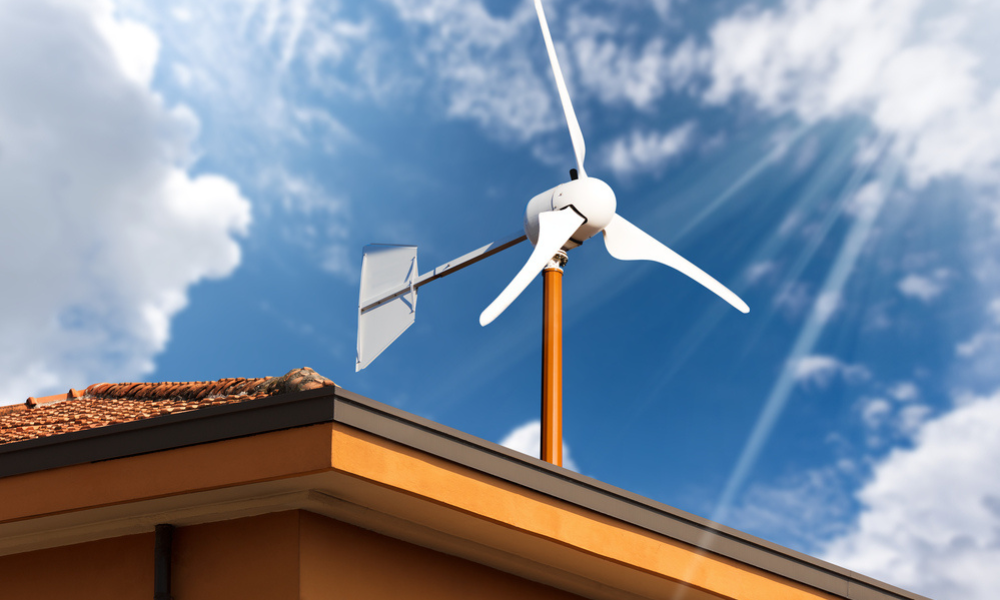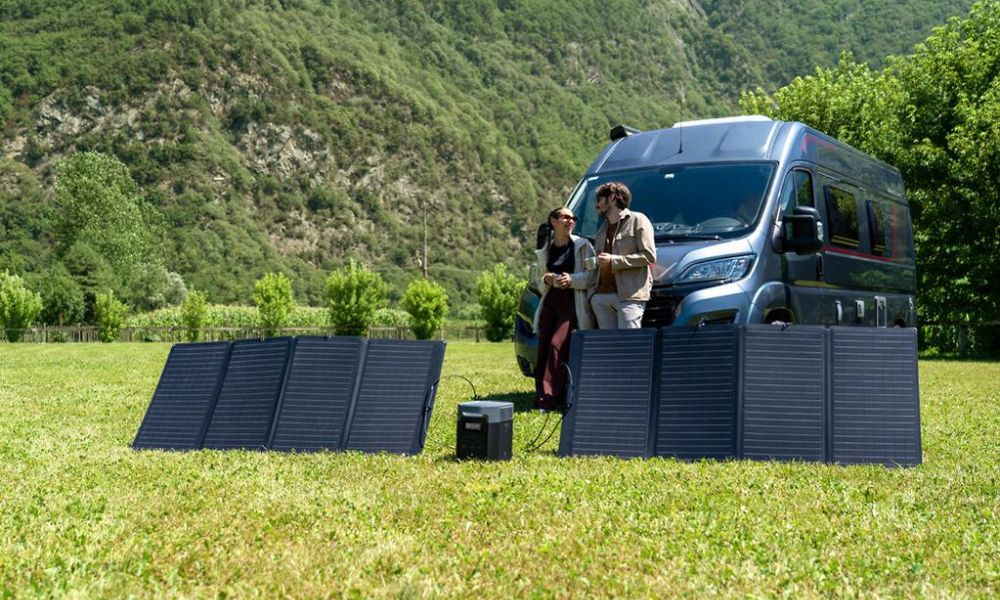Before you head into the great outdoors for any reason, it is vital to be adequately prepared for worst-case scenarios. Whether you are going camping, hiking, fishing, or any other recreational activity that involves getting away from the beaten track, packing the proper safety equipment is a vital part of those preparations.
A correctly stocked first aid kit, communications device like a satellite phone and a reliable power source like batteries or a portable solar panel could save lives in an emergency.
What would you do if the weather turned sour?
Before heading into the great outdoors, it’s also vital that you check the forecast so you can prepare accordingly. You wouldn’t go fishing if there were a cyclone alert or major storm warning, and it would be ill-advised to go camping during a bushfire warning.
Sometimes, despite our best efforts to plan, the weather can turn nasty quickly and unexpectedly, leading to compromising situations. You could find yourself trapped, isolated by flame or floodwaters, and in need of help and direction.
The humble radio can be your best friend in an emergency as you get a constant stream of information, including road closures and areas to avoid.
Access the best-funded weather service in the world
The National Oceanic and Atmospheric Administration (NOAA) is a climate and weather agency funded by the United States Department of Commerce. With its multi-billion dollar budget, NOAA can provide some of the most accurate and reliable weather forecastings globally – and they don’t just focus on the United States.
Australia’s Bureau of Meteorology is the government-funded organisation that we rely on for weather advice. Still, with a budget a fraction of the size of NOAA, it will not be as reliable.
Flash flooding, freak storms and out of control bushfires can appear on the radar without warning, and NOAA is the agency you want to rely on to get this information out first. That is not to say that you should be ignoring the Bureau of Meteorology, though. NOAA will be your port of call for the most up-to-the-minute forecasts and predictions, while BoM and local news radio outlets will be able to give you local advice in an emergency.
How do I tune into NOAA?
The first step is to get a radio that is going to be reliable in all conditions. A crank radio is the best solution as you will still be able to operate it with some elbow grease if you lose all other forms of power.
The RunningSnail emergency crank radio includes a built-in solar panel and high-capacity lithium-ion battery so that you will have light and the ability to charge your devices as well. In the worst-case scenario, you can crank it by hand for power. This will enable you to listen to local radio, access NOAA broadcasts through the internet and give you the latest BoM alerts for the best coverage in an emergency.
At Energy Matters Marketplace, we have a handy range of environmentally-friendly devices that can help improve your carbon footprint. Check it out today.

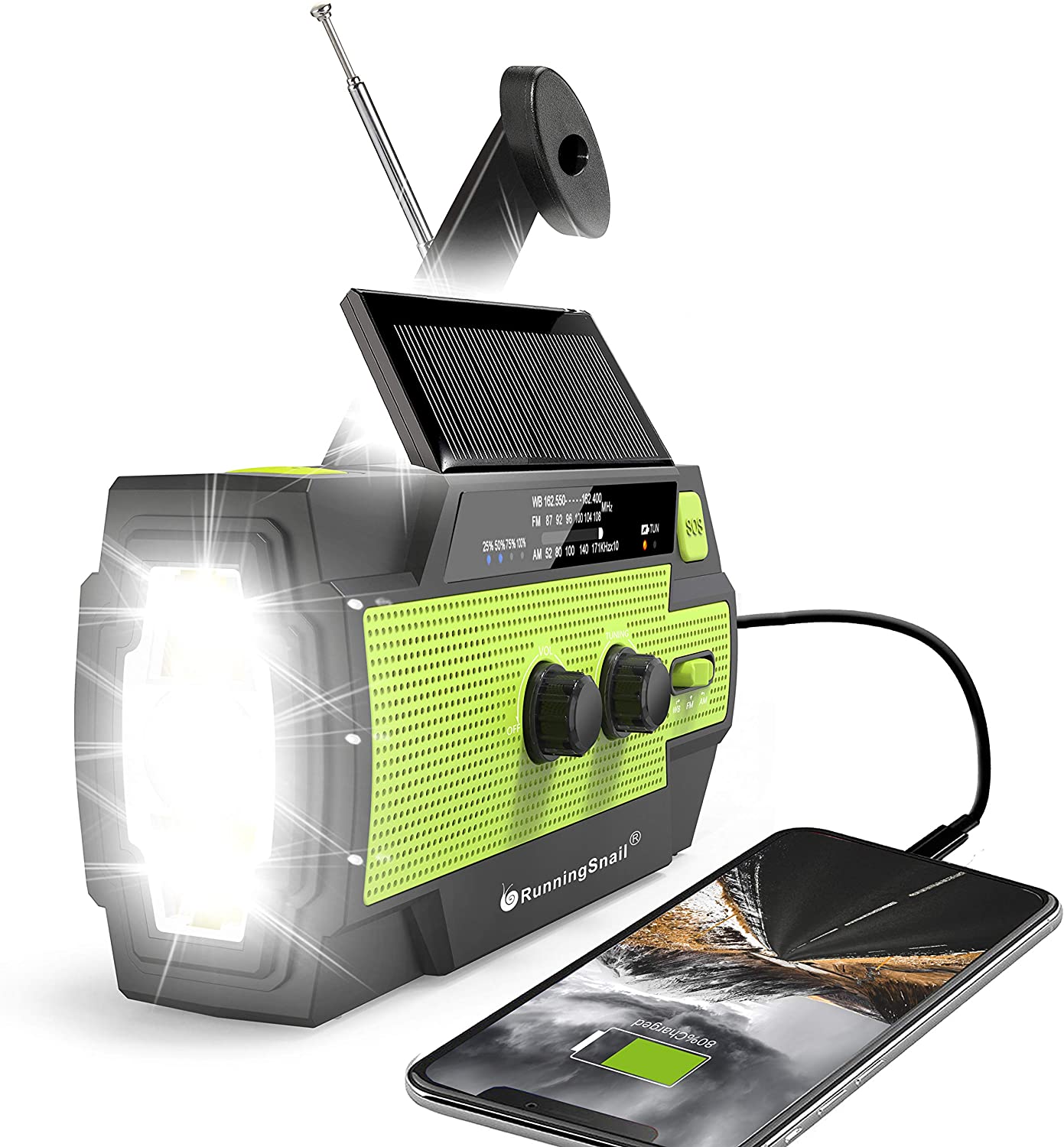
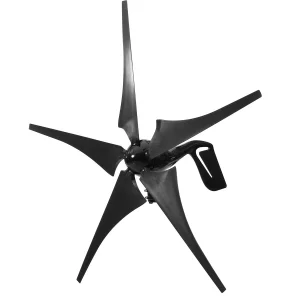 Retail
Retail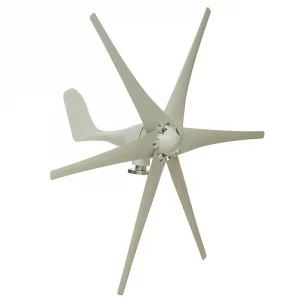 Retail
Retail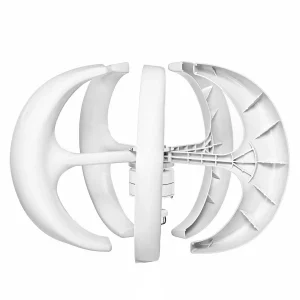 Retail
Retail